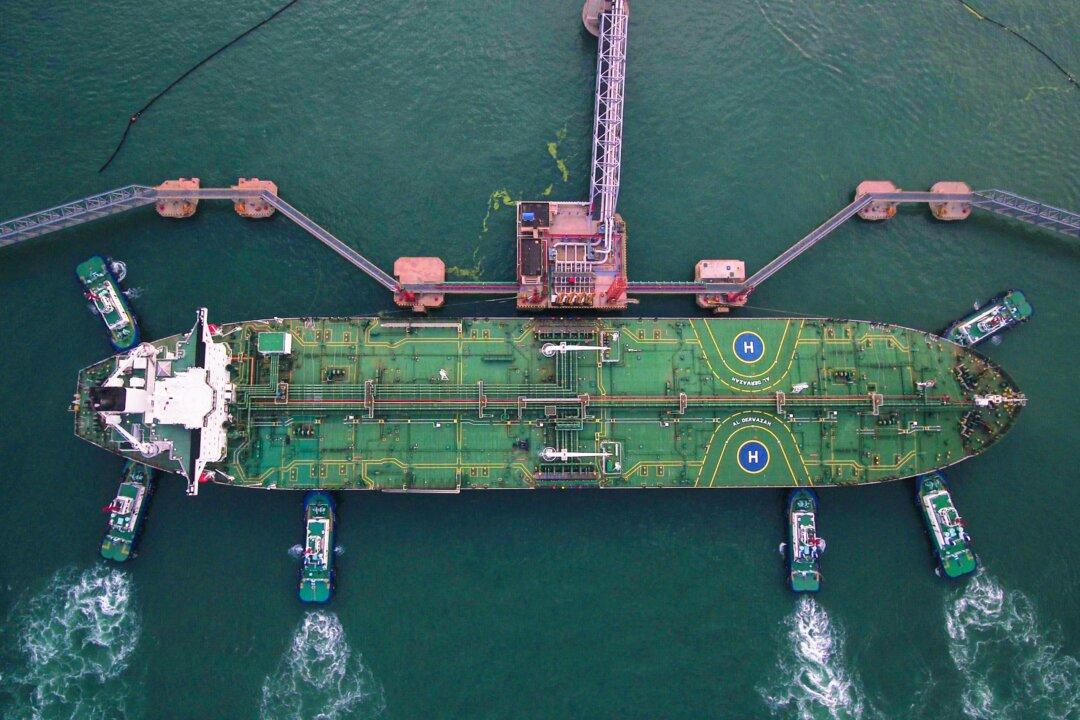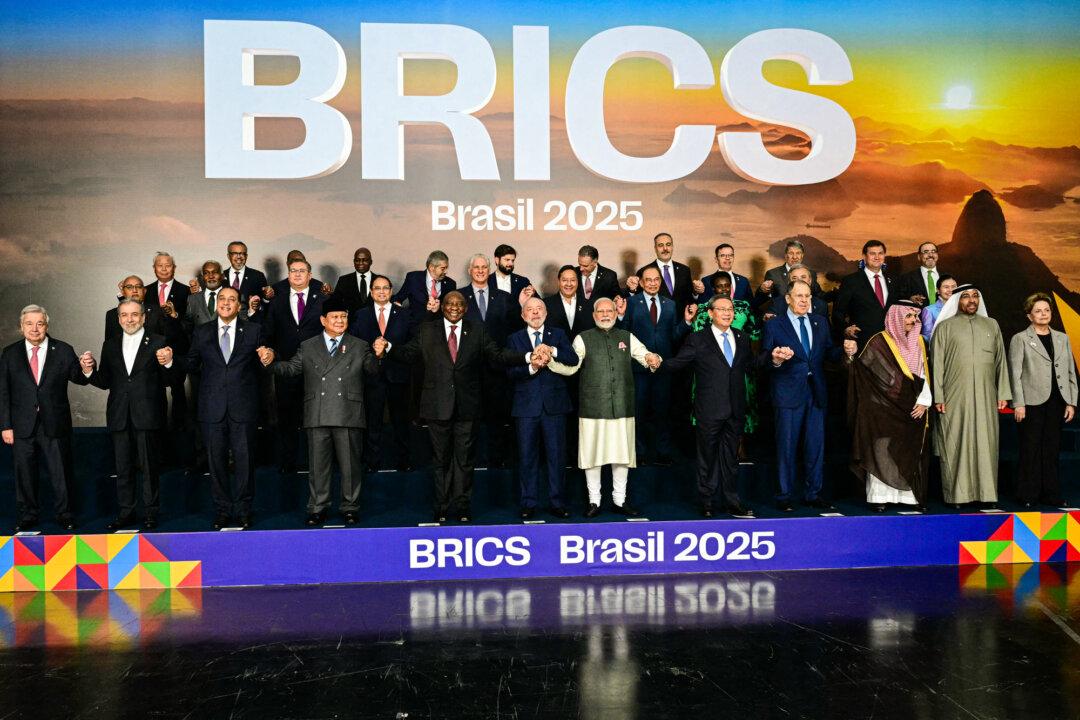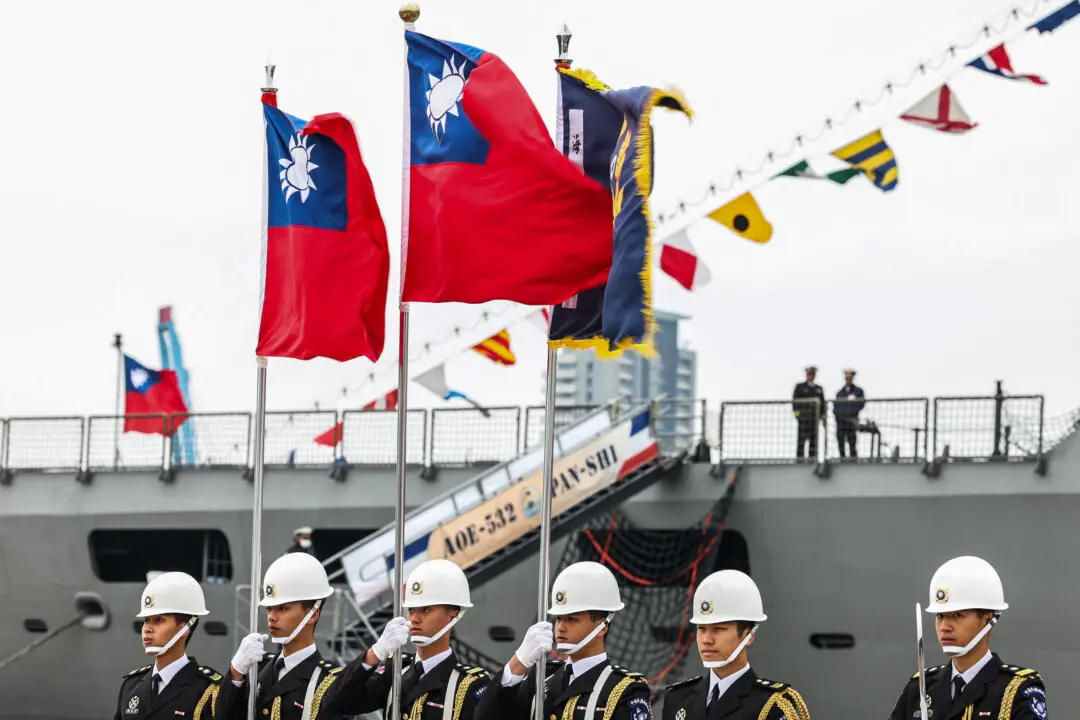Commentary
As the leader of the Chinese Communist Party (CCP), Xi Jinping bears full responsibility for the Party decisions and how they shape the nation. Today, Xi is facing a Party driven by disunity from a variety of external challenges, policy disputes, and economic crises within China. That explains the rumors of rebellion and distrust for Xi within the Party hierarchy.





